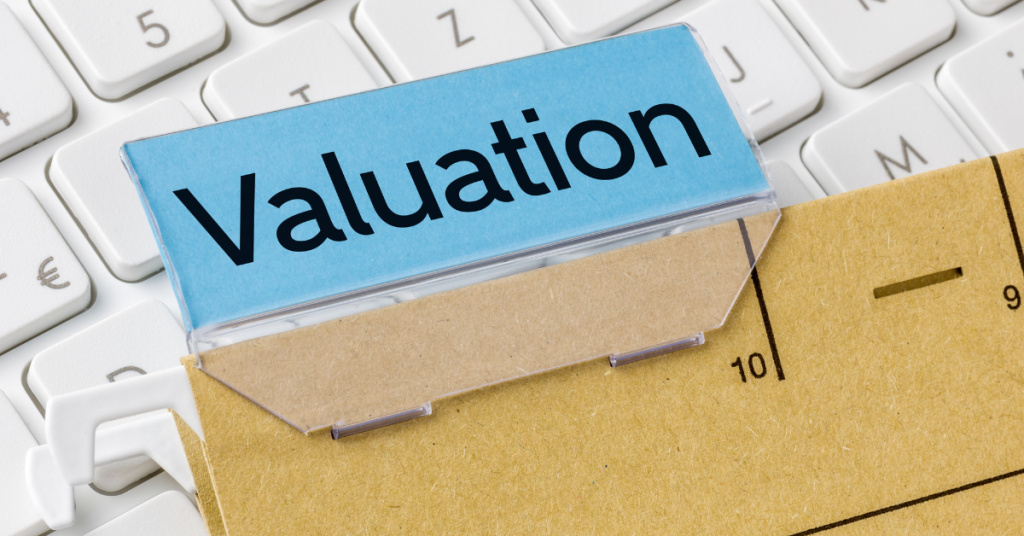Understanding how much something is worth is important, whether it’s property, machinery, cars, or even artwork. The value of an asset helps owners make better decisions, and that’s where different types of valuations come in. These reports give a clear view of what an asset is worth at a certain point in time, using market data, condition, and purpose as key factors.

Valuations for Personal Use
Some people need private valuations to better understand the worth of their homes, investments, or collections. These are often used for estate planning, personal sales, or financial decisions. They provide a full overview without needing to go through formal legal or banking processes.
If you’re running a company or planning to sell a business, business valuations are important. These are detailed reviews that take a look at income, debts, assets, and long-term value. They can help with selling, buying, or merging with another business.
Many individuals also request insurance valuations. These are needed to make sure the item or property is covered for the right amount. If the insurance value is wrong, a person could be under-insured or paying more than they should.
For Industrial and Commercial Needs
Factories, warehouses, and large business buildings usually require industrial valuations. These include everything from the land to the machinery and the structure. Since these buildings are often used for heavy work, condition reports are a major part of this type of valuation.
Retail and office spaces need commercial valuations. These are often needed for leasing, selling, or financial planning. They take into account the rent potential, the building’s location, and nearby development.
Land and Building Values
When buying or selling undeveloped land or built-up areas, land valuations are used. These reports focus on things like zoning, location, size, and access to services. It helps sellers set fair prices and helps buyers know what they’re paying for.
In cases where there’s a standing structure, building valuations are more useful. These combine the value of the land and the cost of the structure, giving a full view of what the property is worth on the market.
Agriculture and Farms
Valuing rural land is different from city properties. Agricultural valuations are designed to assess working farms, fields, or game farms. They often include water rights, fencing, crop production, and outbuildings.
More focused farm valuations help when the land is actively being used to grow food, keep livestock, or produce goods. These reports are used for financing, selling, and planning purposes.
Machinery, Plant, and Equipment
Working sites like factories and workshops need plant valuations to know what their fixed equipment is worth. These are often used for accounting, insurance, or sale purposes.
Smaller tools and heavy-duty machines are handled through machinery valuations. This can include forklifts, packaging tools, generators, and more. Businesses rely on these to keep their records updated and their assets correctly valued.
Valuations for Unique and Collectible Items
When it comes to artwork and historical items, art valuations are used. These reports are often requested by collectors, museums, or family members handling estates.
Old clocks, furniture, and other unique items fall under antique valuations. These can be tricky, especially if the pieces are rare or in unusual condition.
Jewels, diamonds, and gold items are appraised through jewellery valuations. These are helpful for insurance, resale, and estate planning, and they depend heavily on weight, purity, and market demand.
People who collect rare items from sports history usually turn to memorabilia valuations. Signed shirts, match-day balls, and trophies all fall into this category. These reports help track market value as interest in the item grows.
Planes, Cars, and Specialty Vehicles
Some clients need aircraft valuations for small planes. These can include personal aircraft, flying schools, or emergency vehicles. Condition, model, usage hours, and records all play a role in the final value.
Old vehicles are often valued through vintage car valuations. These types of cars are usually held by collectors or museums. Reports focus on restoration quality, rarity, and model history.
On the other hand, classic car valuations are for slightly newer collectible cars. These cars often appear in shows or auctions, and their value changes depending on the demand and condition.
Advisory Services
Some property owners, investors, and collectors need more than just numbers. They may be facing complex decisions or unsure about how to manage their assets. That’s where valuation advisory services are useful. These services offer extra help by explaining what the report means and how to use the results in future planning.